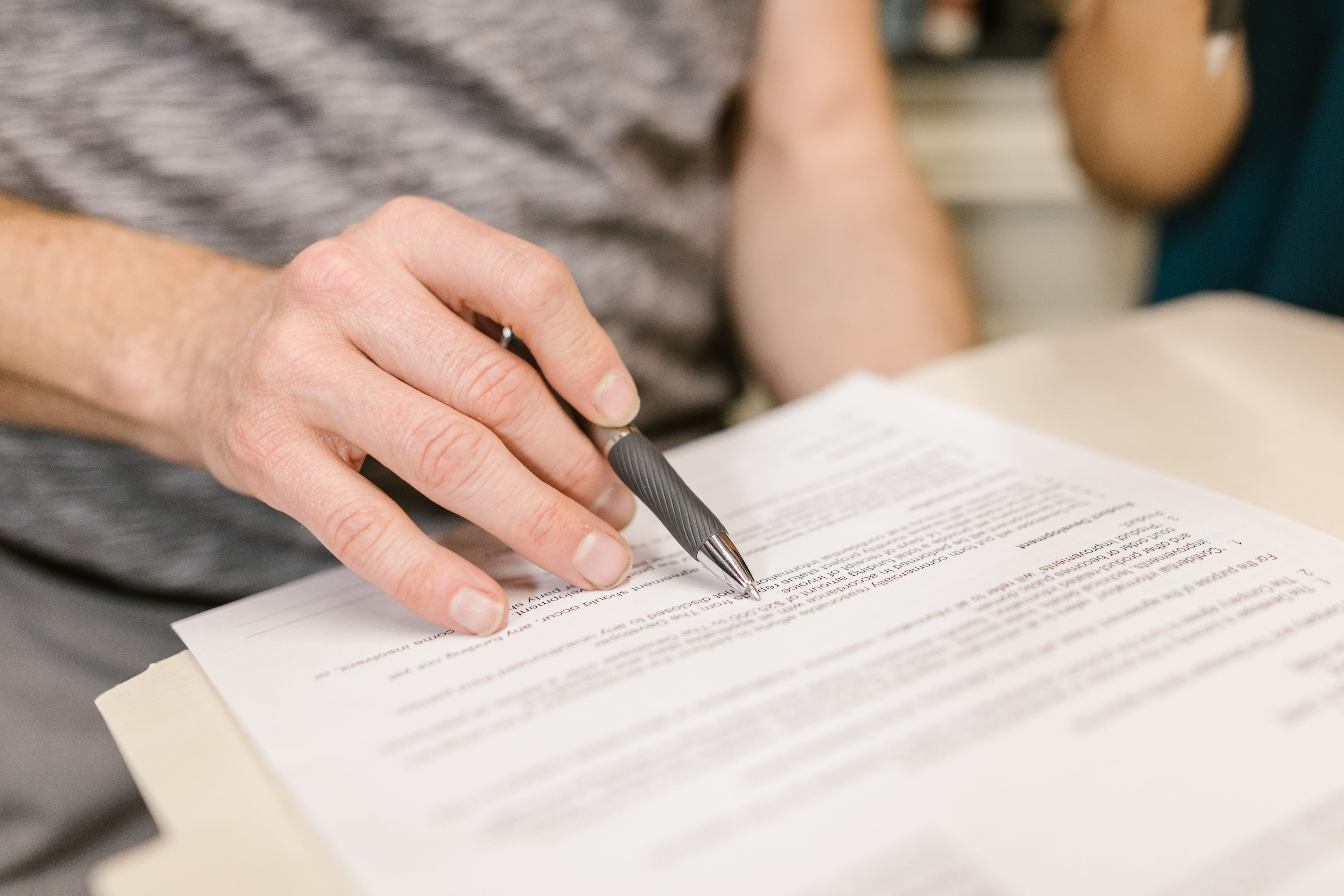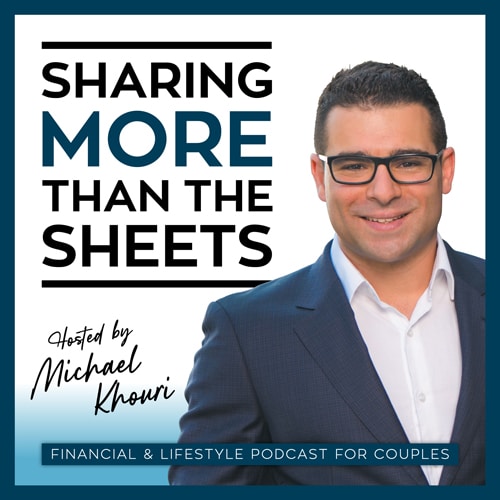Lots of stores offer consumer leases that allow you to rent an item like a laptop, TV or fridge.
The fortnightly rental payments usually look small, but they add up quickly. You’ll pay more than the sale price of the item and, when the lease ends, you won’t own it.
How a consumer lease works
A consumer lease lets you rent an item, like a laptop, TV or fridge, for a set amount of time. You make regular rental payments, typically weekly or fortnightly, until the lease ends. At the end of the lease, you don’t own the item. The company you leased it from does.
The lease agreement will tell you what happens at the end of the lease. Generally, you can choose to:
- Return the item in working order. You won’t need to make any further payment.
- If an option, make an offer to purchase the item or suggest someone else to gift it to. The lease provider will tell you how much more you need to pay to keep it.
There’s usually no cooling-off period with a consumer lease. Read and understand the terms of your lease and total cost before you sign the contract.
Important!
Your repayment for a consumer lease must be no more than 10% of your after tax income over the repayment period. That is, no more than a $10 repayment for every $100 you earn.
Rent to buy
A rent to buy offer is different to a consumer lease.
With rent to buy, you rent an item for a period of time, such as three years. At the end of that period, you pay an agreed amount to buy it. You do not own the item until you’ve made all your payments.
Read the terms and conditions before you sign up. Make sure it is a rent to buy agreement and you will own the item at the end. Check how much you have to pay to buy the item at the end of the rental period.
Consumer leases are expensive
Consumer leases generally have low weekly or fortnightly payments. But over time these add up. You could end up paying more than double what it would cost to buy the item outright in a store (see case study below).
Before signing up to a lease, ask for a copy of the lease agreement. This will show you the total amount you will pay for the item, including fees. Compare this to the cost to purchase the item outright and check if the lease is really worth it.
Under the law, there’s a cap on the amount of fees you pay with a consumer lease. Extra costs you may have to pay include:
| Delivery fee | Depending on your location, you may have to pay a reasonable delivery fee for the item. |
| Dishonor fee | You’re charged this if a lease provider is unable to process a payment. For example, if you don’t have enough money in your account. |
| Costs for damaged or stolen items | If the item is damaged, you might have to pay to repair it. If stolen or lost, you could still have to pay all rental payments until the lease ends. |
| Termination fees or charges | If you end the lease early, you may have to pay an amount equal to all rental payments for the rest of the lease. |
| Insurance and warranties | You may be offered insurance or a warranty for an item you rent. These are optional. Before you buy, check what it covers and the costs.The item could already be covered under Australian consumer law. Visit the Australian Competition and Consumer Commission website to find out more. |
Keep track of what you pay
Your lease provider must state in your lease agreement:
- an itemised list of each fee that could be charged
- the amount you have to pay at the end of your lease
- the base price of the item (usually the recommended retail price)
- the difference between the base price and the total amount payable in the lease
By law, every 12 months your lease provider must give you a statement showing the payments you’ve made. To help keep track of what you’re paying, you can ask to receive the statement more often.
Ninety days before the end of your lease, your lease provider must give you a statement showing:
- the date your lease is due to end
- when, where and how you are to return the item you’re leasing
- any fees or penalties you have to pay if you don’t return the item by the due date
- if you are able to buy the item, and the cost to do this
Once the lease ends and you return the product, no further rental payments should be taken from your account.
Get help if you can’t make lease payments
If you’re having trouble making lease repayments, contact the lease provider. You have the right to apply for a hardship variation to make your repayments more manageable.
You can also talk to a financial counsellor, a free and confidential service to get your finances back on track. Call the National Debt Helpline on 1800 007 007. The helpline is open Monday to Friday, 9:30am to 4:30pm.
Cheaper ways to get what you need
If you need an item, there are cheaper options.
- No interest loans – if you’re on a lower income, these loans can help you buy essential household goods like a fridge or computer.
- Centrelink advance payments – you may be able to get an advance payment of your Centrelink benefit.
- Lay-by – you pay off the item in a number of equal repayments. You can’t take the item home straight away, but you won’t pay any interest on it.
- Savings – work out how much you need to save regularly to reach your goal.
Case Study
Jasmine rents a fridge
When Jasmine’s fridge broke down, she didn’t have enough savings to buy a new one. She chose to rent a fridge for two years through a consumer lease. At $30 per fortnight, her payments looked low.
When the lease ended, Jasmine returned the fridge to the consumer lease company.
Jasmine worked out she’d spent $1,560 on rent payments. This was more than twice the price of buying the fridge outright, which sells for $700 at her local shopping centre.
.
.
Wealthness Pty Ltd ABN 13 231 248 112 [t/a Better Financial Planning Australia] is a Corporate Authorised Representative of Infocus Securities Australia Pty Ltd ABN 47 097 797 049 AFSL No. 236523. It is important to be aware that Better Financial Planning Australia is not authorised by Infocus to provide advice relating to credit services or property advice. Infocus is not responsible for any advice outside of the scope of this authorisation and should you wish to act on any of this general information, please first seek professional financial advice.
Wealthness Pty Ltd t/as Better Financial Planning Australia will endeavour to update the website as needed. However, information can change without notice and Wealthness Pty Ltd t/as Better Financial Planning Australia does not guarantee the accuracy of information on the website, including information provided by third parties, at any time.
This information is of a general nature only and neither represents nor is intended to be specific advice on any particular matter. Infocus Securities Australia Pty Ltd strongly suggests that no person should act specifically on the basis of the information contained herein but should seek appropriate professional advice based upon their own personal circumstances. Although we consider the sources for this material reliable, no warranty is given and no liability is accepted for any statement or opinion or for any error or omission.
Wealthness Pty Ltd t/as Better Financial Planning Australia does not give any warranty as to the accuracy, reliability or completeness of information which is contained in this website. Except insofar as any liability under statute cannot be excluded, Wealthness Pty Ltd t/as Better Financial Planning Australia and its employees do not accept any liability for any error or omission on this website or for any resulting loss or damage suffered by the recipient or any other person.
Wealthness Pty Ltd (ACN 613 313 250) [t/a Better Financial Planning Australia] Corporate Authorised Representative of Infocus Securities Australia Pty Ltd ABN 47 097 797 049 AFSL Licence No. 236523.
Source: ASIC MoneySmart



